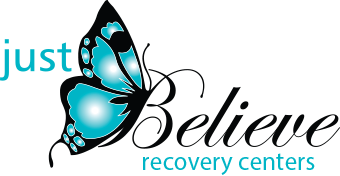Medically Assisted Treatment (MAT)
Medically Assisted Treatment (MAT)
Medically-assisted treatment, or MAT, is a type of addiction treatment that uses medications to alleviate discomfort and reduce cravings for drugs and alcohol. It is often used to treat opioid or alcohol addiction.
Medically-assisted treatment, or MAT, is a type of addiction treatment that uses medications to alleviate discomfort and reduce cravings for drugs and alcohol. It is often used to treat opioid or alcohol addiction.

In our MAT program, patients participate in a combination of treatments and therapies that work together to treat the whole person. These include:
- Intake assessment and evaluation
- Individual psychotherapy or counseling
- Medically-supervised detox
- Medication management
Our treatment also includes group therapy, education, family therapy, and holistic treatment like nutrition counseling, exercise, and mindfulness practices.
Instead of only receiving behavioral or mental health therapy, a person also receives medications during each stage of treatment. These medications can help keep you safe and comfortable during withdrawal and lessen the intensity of cravings during treatment and aftercare.
Instead of only receiving behavioral or mental health therapy, a person also receives medications during each stage of treatment. These medications can help keep you safe and comfortable during withdrawal and lessen the intensity of cravings during treatment and aftercare.
In some cases, medication-assisted treatment allows people to receive care on an outpatient basis during detox or treatment. In others, it is another tool for our medical and addiction specialists to offer at every level of care, including inpatient and residential programs.
In some cases, medication-assisted treatment allows people to receive care on an outpatient basis during detox or treatment. In others, it is another tool for our medical and addiction specialists to offer at every level of care, including inpatient and residential programs.
Research into the effectiveness of medication-assisted treatment has been positive. First, using MAT has been shown to be very effective in helping people achieve recovery from addiction. This is especially true for people living with opioid addiction.
Medication-assisted treatment works well because it treats multiple aspects of addiction instead of focusing only on its physical roots. MAT can help people have a more comfortable experience during withdrawal and treatment, which helps with retention.
Those who participate in MAT have also been shown to have a reduction in their risky behaviors like needle-sharing. This has the added benefit of reducing a person’s exposure to Hepatitis C and HIV. It has also been shown to reduce the likelihood of overdose in people with opioid addiction.



